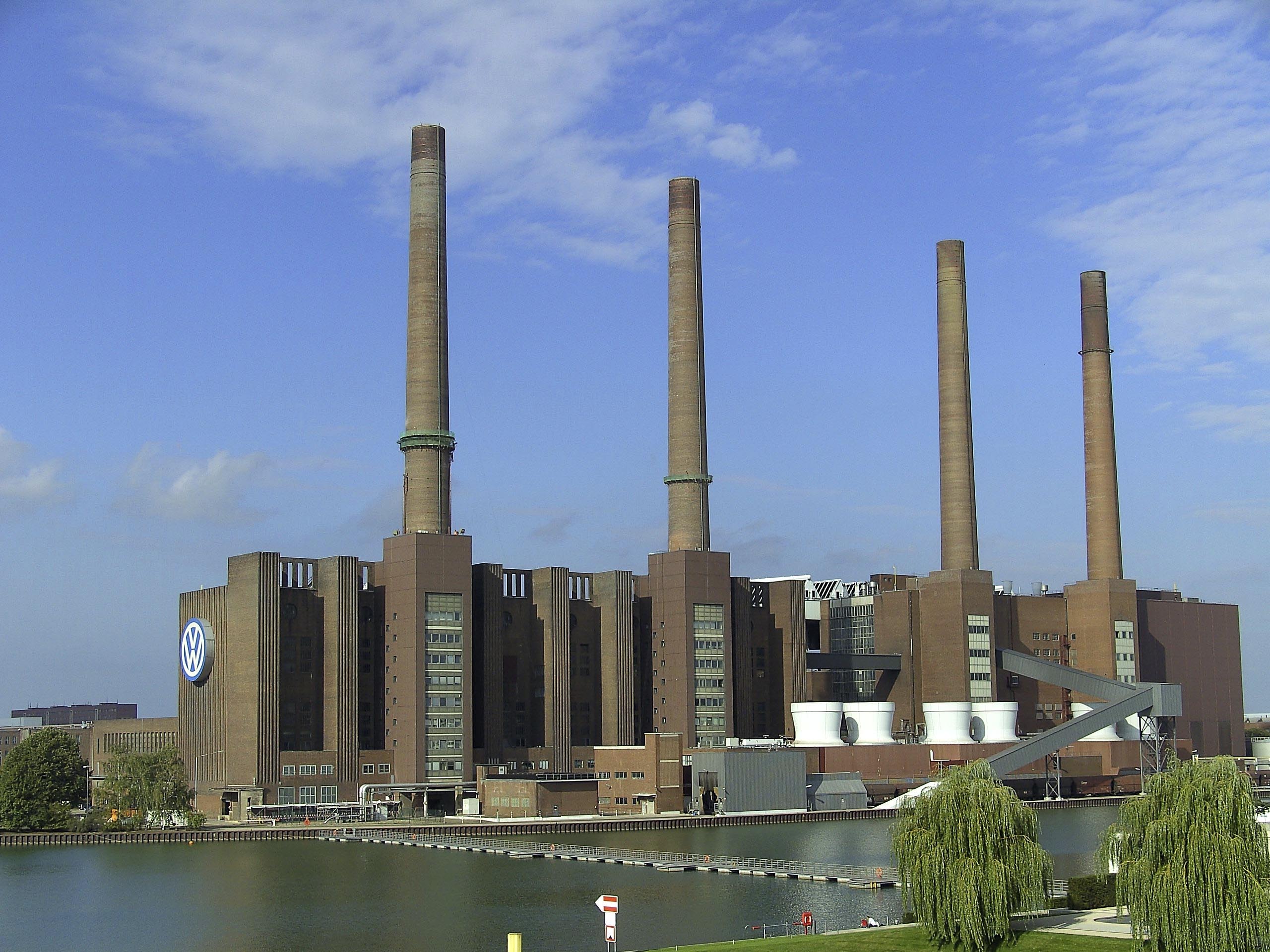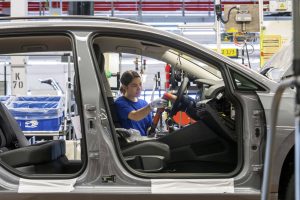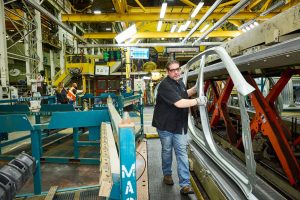Workers at Volkswagen’s German operations walked off the job Monday. The 120,000 members of trade union IG Metall took to the streets to protest the automaker’s plans to pair back its home market operations, a move that could see it shutter as many as three assembly lines.
Operations at nine German plants operated by Volkswagen ground to a halt on Monday, workers walking off the job to support negotiators from IG Metall in what the trade union has described as “the toughest collective bargaining battle Volkswagen has ever seen.”
The walkouts are, for now, temporary, but they’re meant to send a shot across the bow, warning VW what could happen if it follows through with aggressive cutbacks it has described as essential for its long-term future.
The automaker is proposing massive layoffs and pay cuts and could close down as many as three domestic assembly plants – the first time that would happen since the company was founded 87 years ago.
Workers walk off the job
Positioned as a warning strike, workers left their posts for several hours Monday at some of VW’s most important plants, including its main manufacturing complex located alongside its headquarters in Wolfsburg. Only one factory remained in operation.
The walkout immediately impacted production of some of the VW brand’s most important products, including the Golf hatchback produced in Wolfsburg, as well as EVs such as the ID.4 assembled in Zwickau.
IG Metall’s works council chief Daniela Cavallo told members gathered out front of VW headquarters that, “This warning strike is taking place to underline our legitimate demands, The (automaker’s Supervisory) board should know that the crisis at VW can only be resolved alongside the workforce, and not against them.”
What’s behind the confrontation
IG Metall represents roughly 120,000 German hourly workers at Volkswagen. As many as 10,000 of their jobs are reportedly at risk, according to the country’s media. Tens of thousands more are facing proposed 10% pay cuts.
But it’s the possibility of seeing VW close as many as three of its home market factories – the first time that would happen since the company was formed just before World War II – that has touched off a firestorm across Germany.
In September, Volkswagen Group Chief Operating Officer Arno Antlitz spoke to an estimated 25,000 workers gathered outside the company’s headquarter, telling them, “We have been spending more money at the (Volkswagen) brand than we earn for some time now. That can’t go well in the long term. If we carry on like this, we won’t succeed in the transformation” underway, VW moving to replace its gas and diesel models with those running on battery-electric propulsion.
If things don’t turn around, the VW marque has “one, maybe two” years, said Arnitz, who also serves as chief financial officer for the parent Volkswagen Group.
More VW News
- VW Has “One, Maybe Two” Years to Turn itself Around, Says CFO
- VW Comes Closer to Launching Cupra Brand in the U.S.
- Volkswagen’s Reborn Microvan, the IDH.Buzz, Will Start at $61,545
“Setting fire”

The switch to EVs has strained VW’s budget, even as it faces a growing threat from emerging Chinese competitors, company officials warn.
Traditionally unwilling to back down on gains made in contract negotiations, IG Metall actually showed some flexibility when it came up with a proposal that it claimed would generate about $1.6 billion in annual savings.
The plan would put much of the burden on white-collar staff and management, calling for elimination of bonuses. Union members would forego some future pay hikes but, in turn, they would get shorter working hours. VW leaders rejected the proposal countering that it would generate little to no real long-term savings.
The union fired back. “Volkswagen has set fire to our collective agreements and instead of extinguishing this fire in three collective bargaining sessions, the management board is throwing open barrels of petrol into it,” an IG Metall spokesperson said.
Troubles elsewhere

UAW Pres. Sean Fain led a rally outside the VW plant in Chattanooga ahead of the historic vote that saw it win representation rights.
As if its German labor problems weren’t enough, VW has begun negotiating with workers at its Chattanooga, Tennessee assembly plant for the first time.
Workers earlier this year voted by a 3-to-1 margin to be represented by the United Auto Workers Union which began talks with VW management on September 19. The two sides have yet to set a target date for coming up with a new contract.
VW isn’t the only automaker facing a possible union confrontation. In the U.S., Stellantis can add labor trouble to its other problems – including the weekend resignation of CEO Carlos Tavares. The UAW is threatening to walk out over alleged contract violations, including the carmaker’s delay in reopening a factory in Belvedere, Illinois.








0 Comments